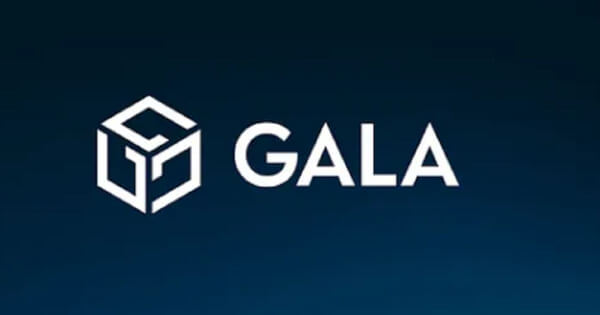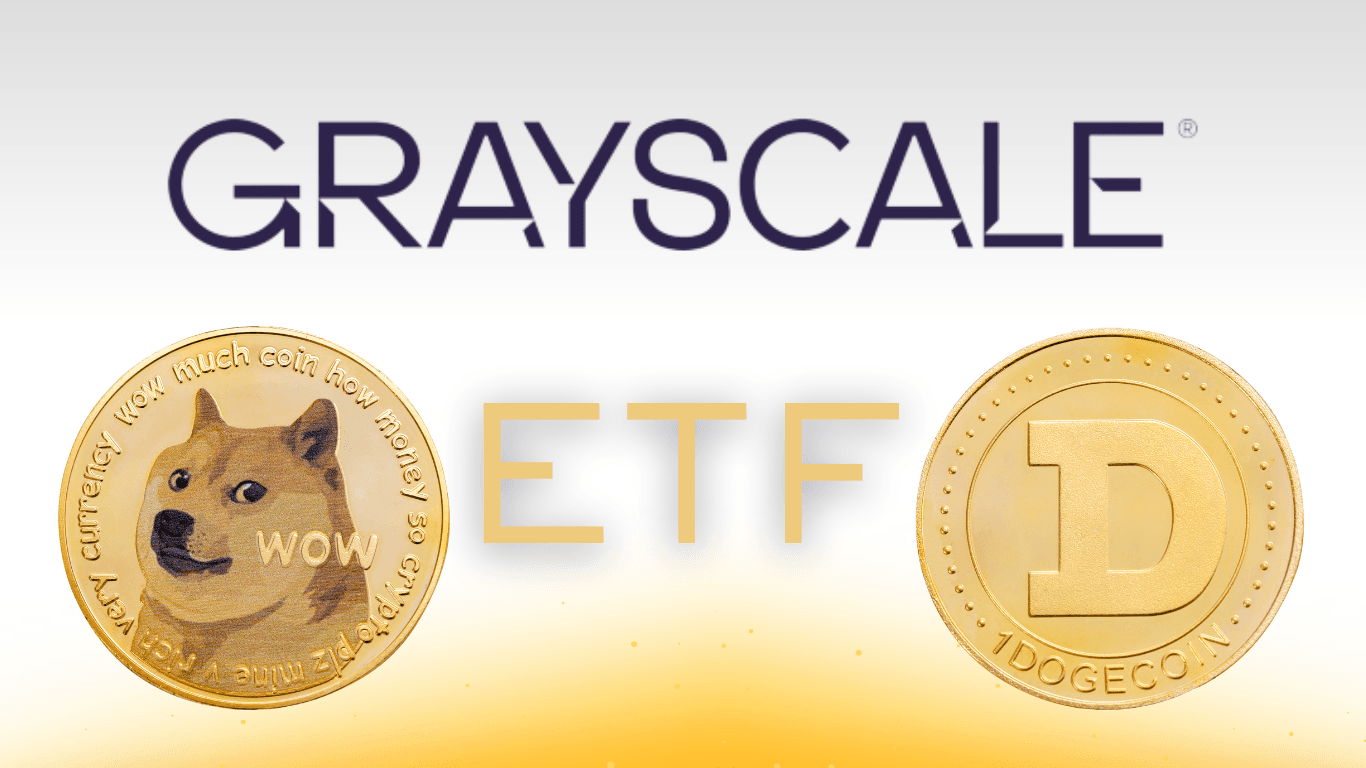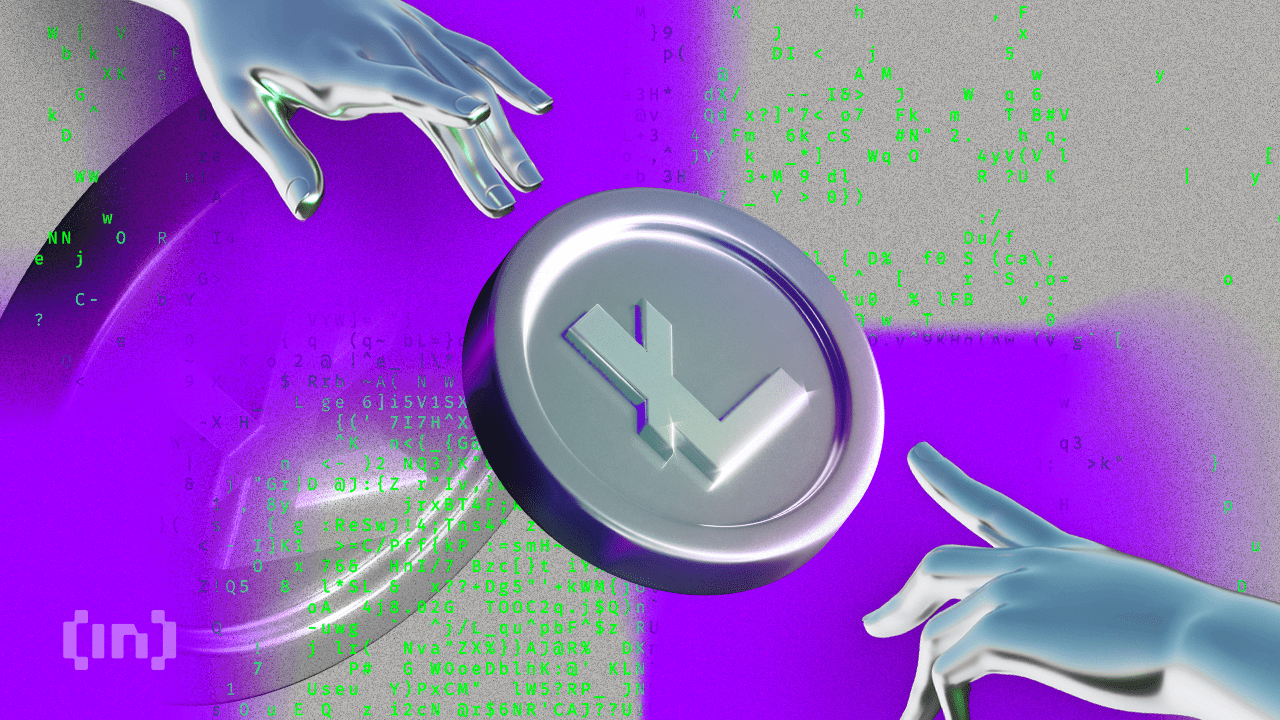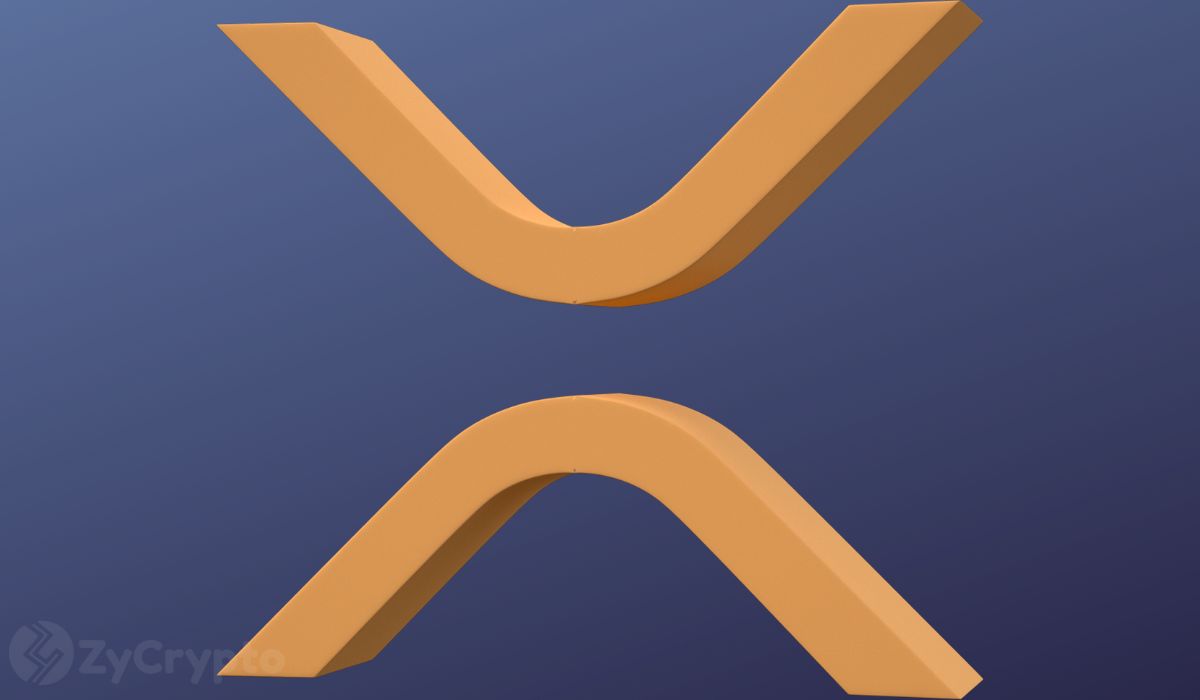UBS Key4 Gold Program on zkSync Validium Testnet – Setting New Standards in RWAs Tokenization
UBS, a Swiss-based banking and asset managing conglomerate, is experimenting with rolling out Key4 Gold program on zkSync Validium testnet.
In a bold move, UBS is setting new standards in RWAs tokenization on Ethereum-like blockchains.
UBS, a leading Swiss multinational investment bank and financial services company, is making waves in the blockchain industry with its latest initiative. The Key4 Gold program, which is being tested on the zkSync Validium testnet, aims to revolutionize the way real-world assets (RWAs) are tokenized on blockchain platforms.
By leveraging the capabilities of zkSync Validium, a layer 2 scaling solution for Ethereum, UBS is able to achieve high transaction throughput and low fees without compromising on security. This experimental program marks a significant milestone in the tokenization of RWAs, as UBS pushes the boundaries of what is possible on blockchain technology.
With this innovative approach, UBS is not only exploring new ways to digitize assets but also to create more efficient and transparent financial systems. By tokenizing RWAs on a public blockchain like Ethereum, UBS is unlocking new possibilities for investors and stakeholders in the traditional finance industry.
This bold move by UBS is a testament to the growing mainstream adoption of blockchain technology and its potential to revolutionize the way we transact and interact with assets in the digital age. As UBS continues to experiment and push the boundaries of what is possible with RWAs tokenization, we can expect to see more innovations and developments in this space in the near future.
How will this impact me?
As a participant in the financial markets, the introduction of UBS’s Key4 Gold program on zkSync Validium testnet could have a direct impact on your investment strategies and portfolio diversification. By tokenizing real-world assets on blockchain platforms, UBS is creating new opportunities for investors to access previously illiquid assets and diversify their portfolios in a more efficient manner.
Furthermore, the use of blockchain technology in asset tokenization can lead to increased transparency, reduced counterparty risks, and improved liquidity in the market. This could potentially benefit individual investors by providing them with more options to invest in a wider range of assets and access new markets that were previously out of reach.
How will this impact the world?
The adoption of UBS’s Key4 Gold program and its experimentation with RWAs tokenization on Ethereum-like blockchains has the potential to transform the global financial landscape. By introducing more efficient and secure ways to tokenize assets, UBS is paving the way for increased innovation and digitization in the traditional finance industry.
Additionally, this move by UBS could encourage other financial institutions and market participants to explore blockchain technology and its applications in asset tokenization. As more entities leverage blockchain platforms for digitizing assets, we can expect to see a gradual shift towards more transparent, efficient, and inclusive financial systems on a global scale.
Conclusion
UBS’s foray into RWAs tokenization on zkSync Validium testnet is a groundbreaking development that highlights the potential of blockchain technology to revolutionize the way we transact and interact with assets. By setting new standards in the tokenization of real-world assets, UBS is leading the charge towards a more transparent, efficient, and inclusive financial ecosystem.





